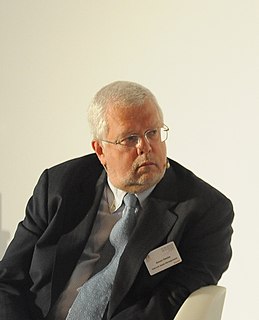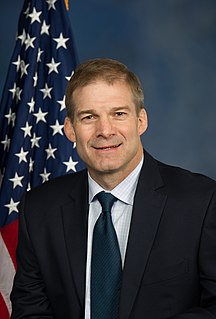A Quote by Gary Lineker
We're all concerned about sports rights being so expensive. Obviously, we are funded by the licence fee payers, so it's not always easy to compete with those who can get greater revenue.
Related Quotes
An ethic that emphasizes relationship and community can be concerned with protecting the individual's interests, but always with an eye to trying to reconcile those interests with those of others. An ethic emphasizing rights and autonomy should be concerned with promoting enough community to foster a motivating concern for everyone's rights, not just one's own.
That might be the old model: to get a fixed fee. You have to start to think about other models and how they can generate interest - what it can do for a brand in the future - and about the fact that revenue can also be generated in many other ways... Just look at the one and a half million people at the free Rolling Stones concert in Cuba. And Cuba is not Central Park! So just use your imagination as to what kind of revenue can be made.
Now, in economic crises times, the kind of things you're looking at is it's generally harder to get capital, revenue growth may be more, revenue lines may be unstable or growth may be less easy to predict that you're going to get to. And so what you do is you take a certain conservative approach of when, as all entrepreneurs should do, you plan for both good luck and bad luck, you put extra time on, "Okay, if I have bad luck, what do I do about that?"



































